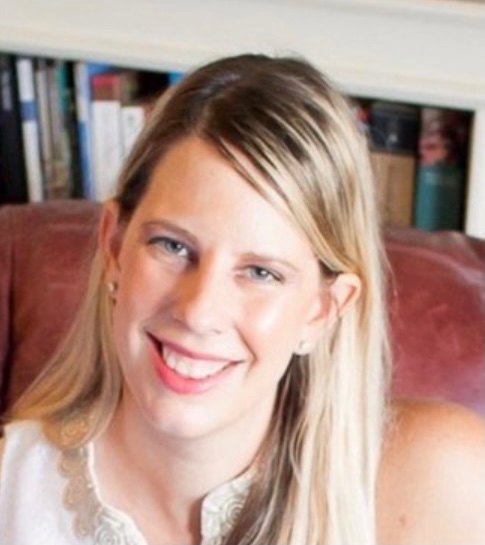Eisenhower Institute Presents National Security Discussion
By Vanessa Igras, Staff Writer
On Wednesday, Dec. 1, the Eisenhower Institute (EI) hosted a virtual conversation with Executive Director Tracie Potts and EI’s newest non-resident expert, Annie Morgan ‘06. Morgan’s experience as a defense attorney at the Military Commissions Defense Organization has provided her with great insight into the many aspects of national security.
This virtual discussion also introduced a new Eisenhower Institute program, Emerging Threats in National Security, which will be led by Annie Morgan ‘06 in this upcoming Spring semester. As a precursor to the program, students joined Tracie Potts in learning how Morgan’s line of work inspired her to delve into the question of how race, gender, climate, and other issues connect to our safety.
Morgan introduced the work that she does at the U.S Department of Defense. Then, she went on to say that “it is an interesting sort of position, to be both a government employee and sort of, an adversary in that same capacity and that is sort of a testament to our judicial system… the fact that we believe in our judicial process enough to ensure that detainees are entitled to council.”
According to Morgan, her job exposed her to various emerging threats in national security that many would not traditionally think of as connected to this field.
“We hear the term national security and it’s so easy to think that just means war-fighters and people in the pentagon,” Morgan said, “but look at the COVID-19 pandemic and the impact that a public health issue is now having on borders, whether they are staying open or closing.”
Morgan stated that we do not live in unprecedented times, and we see that “these issues aren’t going away.” For this reason, she calls for an approach that is adjusted for “our new normal.”
In analyzing the intersectionality of national security, Morgan stressed that “national security is not reserved to the political scientists and the politicians and the lawyers,” but instead requires experts that come from a variety of backgrounds in order to “move forward in the best possible way, strategically and tactically, for our country.”
For this reason, Morgan emphasizes the importance of doing work with students at the undergraduate level. She believes that in helping students “who identify with what is most important to them,” she can guide students to making their mark in a field that is ever-evolving.

